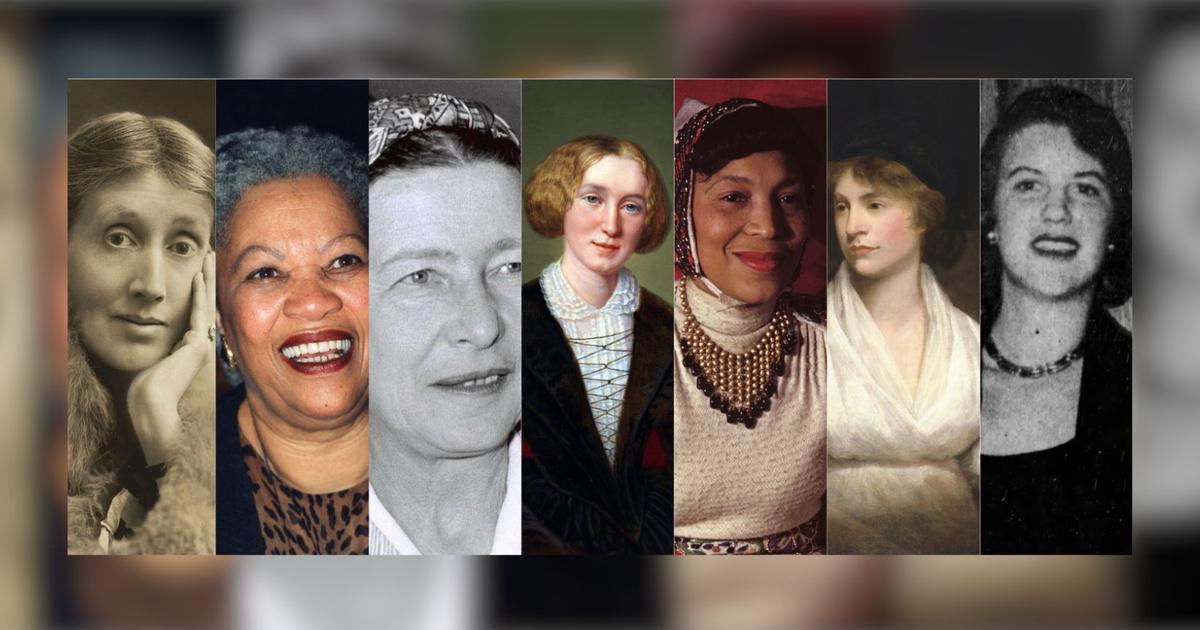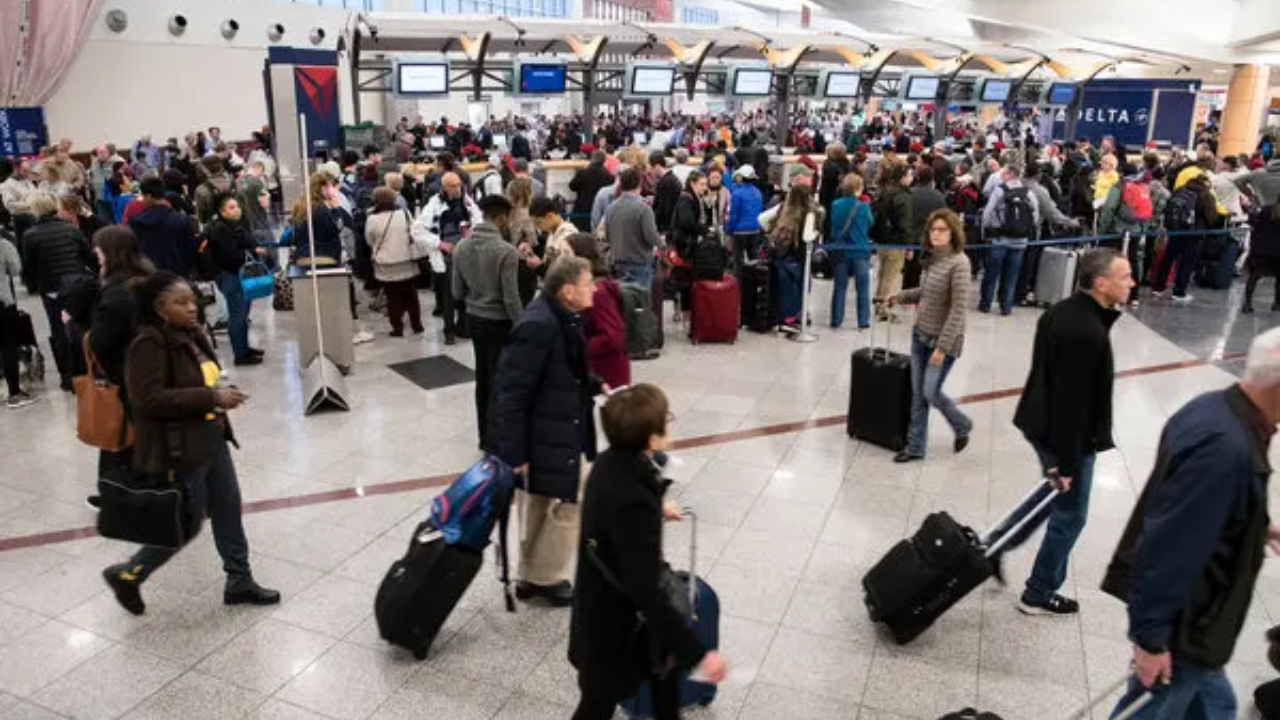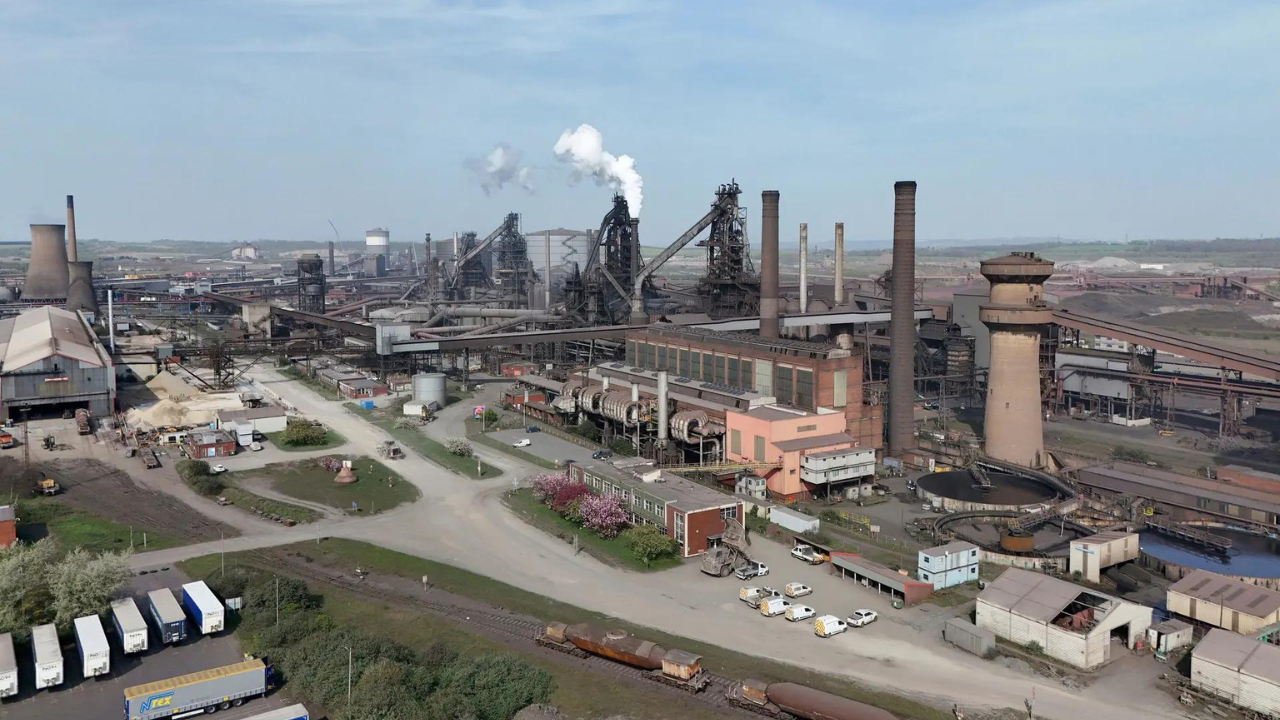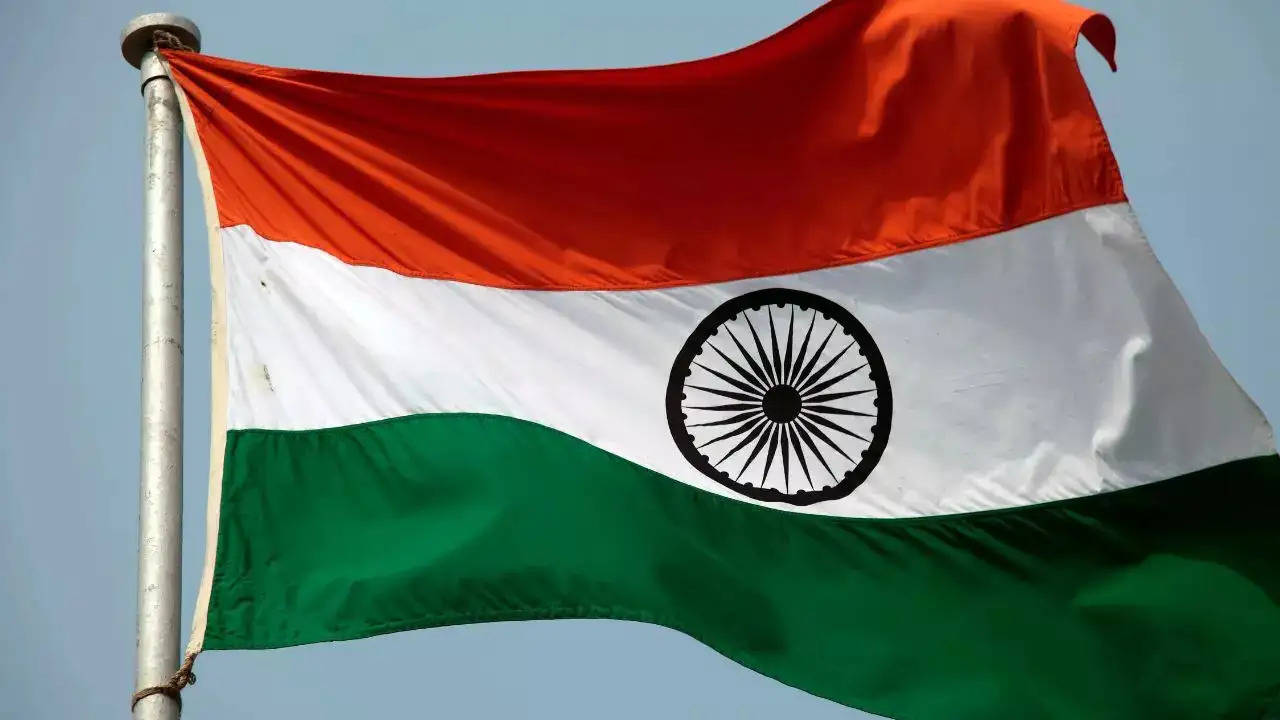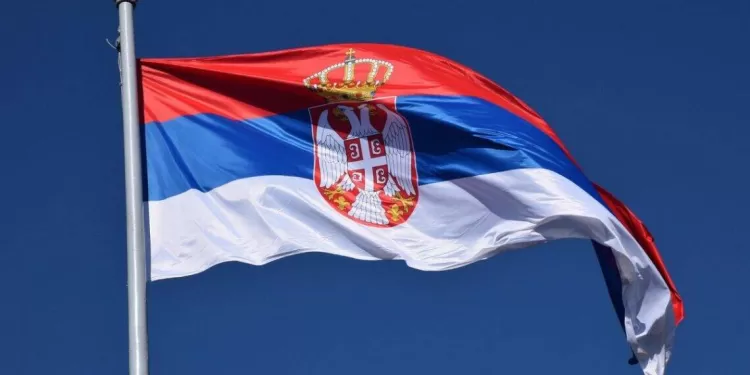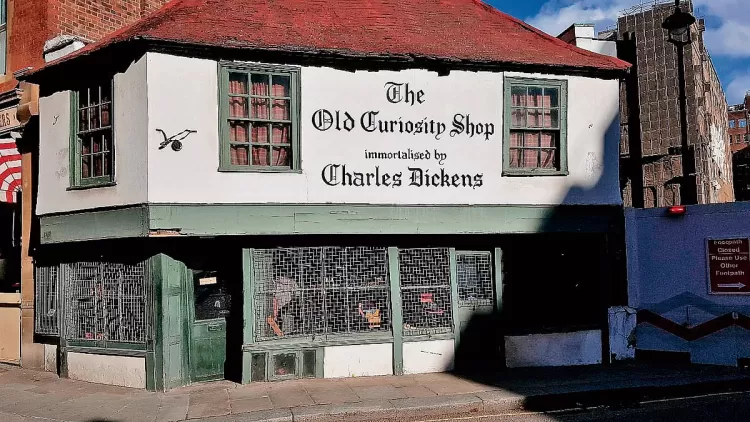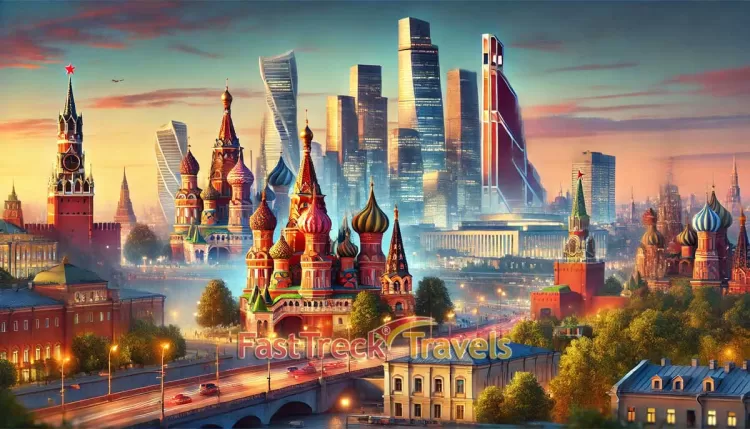‘Our Evenings’: Alan Hollinghurst’s elegiac look at class, sexuality, race in the post-Brexit era

Join our WhatsApp Community to receive travel deals, free stays, and special offers!
- Join Now -
Join our WhatsApp Community to receive travel deals, free stays, and special offers!
- Join Now -

Late in Alan Hollinghurst’s new novel Our Evenings, the narrator David Win, gracefully ageing doyen of the British stage, experiences one of those moments when the world is revealed to be other than he thought it was.
Rehearsals for a play – a work in translation from the German, with a French star and a Danish designer – are advancing at the Almeida Theatre in Islington. On the day of the Brexit referendum, David discovers that a cast member, another august theatrical personality, is not going to be voting Remain. From a veteran of the Avignon Festival, who declares he loves Europe and France, this is startling news.
“It’s the immigration, really. It’s out of control. I’m sorry, Dave,” he said, as if I were an immigrant myself.
Though British-born and raised, Win is of English and Burmese heritage.
“I don’t like being bossed around,” his fellow actor complains. What is left unsaid, we infer, is “by foreigners”.
Whether or not this category includes Britons of Asian or African heritage has been one of the most difficult, and often unspoken, questions of the period since Brexit. The actor’s aside (“I’m sorry, Dave”) hardly suggests a settled answer in the affirmative. And while a majority of ethnic-minority voters supported Remain, the picture was...
What's Your Reaction?
 Like
0
Like
0
 Dislike
0
Dislike
0
 Love
0
Love
0
 Funny
0
Funny
0
 Angry
0
Angry
0
 Sad
0
Sad
0
 Wow
0
Wow
0
